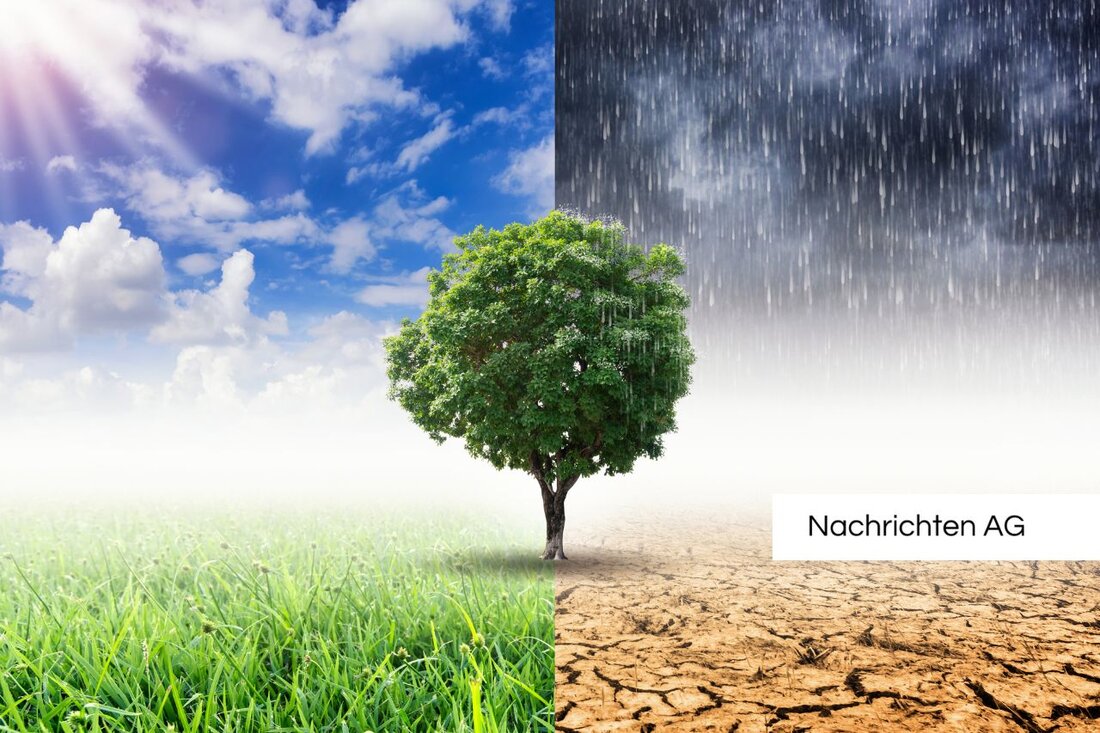Together for the education of the future: SKYSS starts project in the Aosta Valley!
The KU Ingolstadt initiates the Erasmus+ project SKYSS for digital education, combining service learning and biophilia for innovative learning environments.

Together for the education of the future: SKYSS starts project in the Aosta Valley!
On March 19, 2025, the first meeting of the SKYSS project group took place in the Aosta Valley. This project, which is led at the Catholic University (KU) under the professional expertise in the field of service learning, has set itself the goal of developing innovative learning environments for environmental education of the future. The teaching and learning form of service learning enables learners to practically apply theoretical knowledge in non-profit projects. This practical approach forms the basis of many activities within the project. Loud KU.de The concept of biophilia is also taken into account when designing the new learning environments. This term, coined by Edward O. Wilson, describes humans' emotional affinity with nature.
A central element of the SKYSS initiative is the integration of digital tools and the Metaverse into the learning environments. The aim is to make the use of digital technologies visible in lessons and to enable students to develop digital skills. Several international partners are involved in the project, who receive training in three subject areas and develop and reflect on teaching scenarios. In addition to the specified public relations work, further training courses are also provided for teachers based on the knowledge gained.
Challenges of the 21st century
SKYSS addresses the challenges of the 21st century, including heterogeneity in the classroom, digital transformation, biodiversity loss and climate change. An example project within the project involves students programming tree leaf silhouettes using CAD and then milling and printing them with a 3D printer. The results, artificial leaves, are set up as information boards in the community and in the forest.
These activities strengthen the connection between species knowledge, knowledge and application. The haptic information boards in public spaces not only enrich the community, but also deepen the students' design skills. An important part of the project is an ongoing evaluation process coordinated by the KU to provide verified teaching methods for educational institutions in Europe.
Digital transformation in education
Parallel to the developments in the SKYSS project, the European Student Card Initiative shows how much digitalization is being pushed forward in the education sector. This initiative aims to simplify mobility management and improve the mobile student experience. An action plan for the digitalization of learning agreements is being implemented, with the goal of completing 95% of the agreements digitally by 2025. Erasmus+ reports that since December, 241 institutions with an Erasmus Charter for Higher Education have joined the EWP network and 132 of them are exchanging digital learning agreements.
This initiative shows the progress and challenges in digitalization, as 48% of ECHE holders are already connected to the EWP network. However, the lack of commitment from smaller institutions represents a barrier to adapting to the new digital requirements. Support and outreach activities, including workshops, are intended to help institutions with implementation and promote an exchange of best practices.
Another innovator in the area of digital transformation is PH Zurich. This university develops creative forms of teaching and learning for all levels of education with a clear focus on the challenges of digital transformation. The university's strategy for 2022 to 2025 aims to improve digital education through projects and collaborations and offers a wide range of further training opportunities in this area. Further information is provided by PH Zurich.
SKYSS and similar initiatives illustrate how important it is to adapt educational policy strategies to the requirements of the digital age and to optimally prepare students for future challenges.

 Suche
Suche
 Mein Konto
Mein Konto